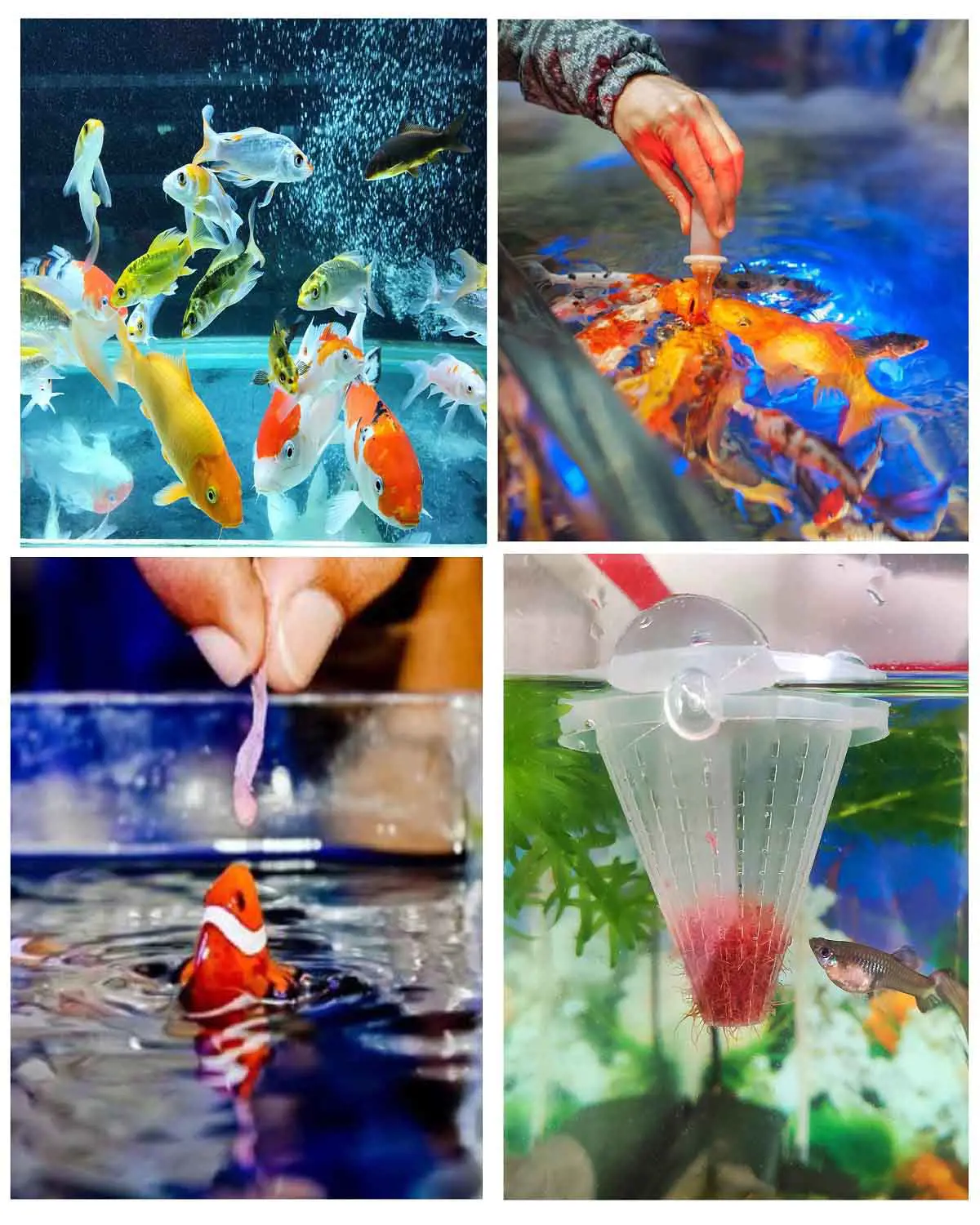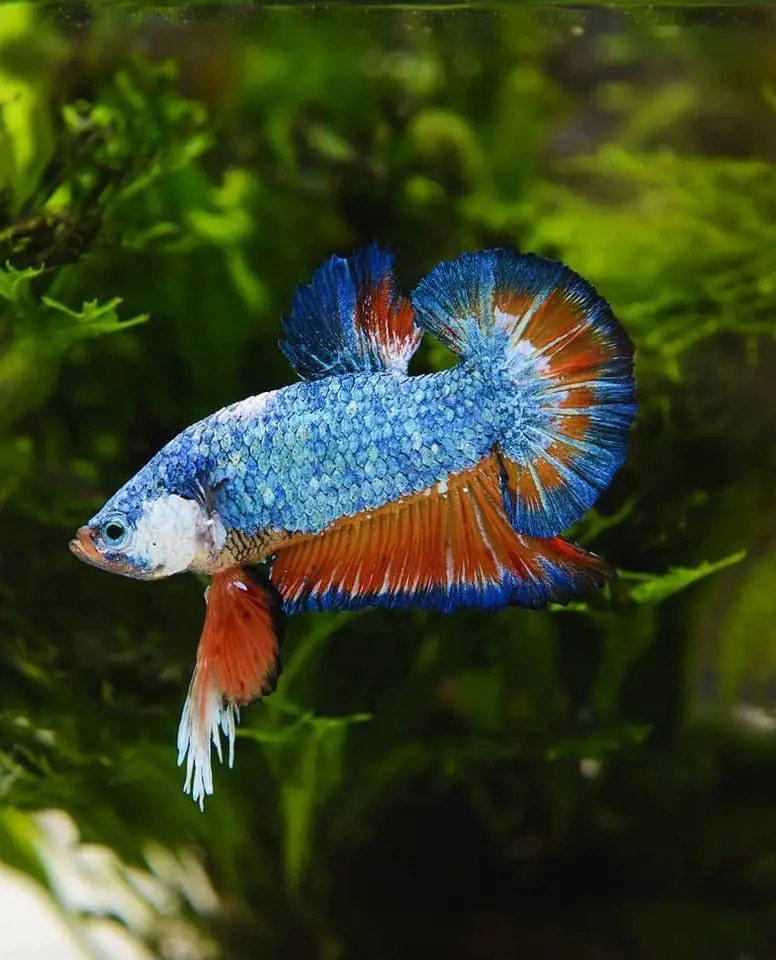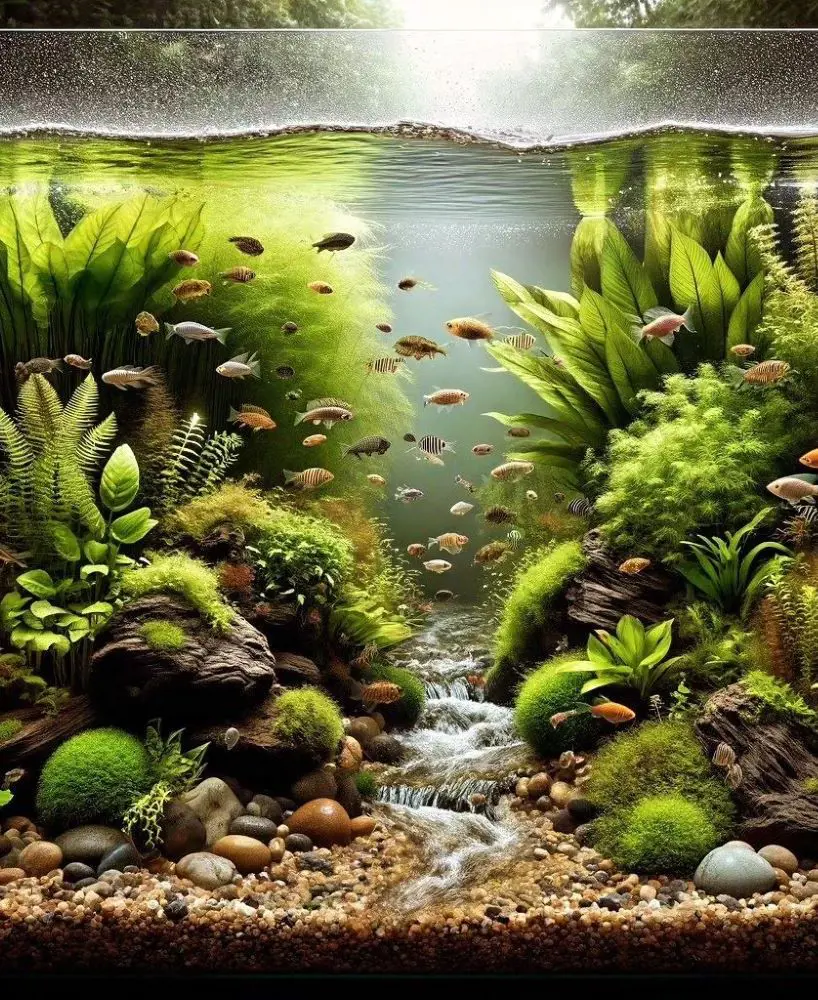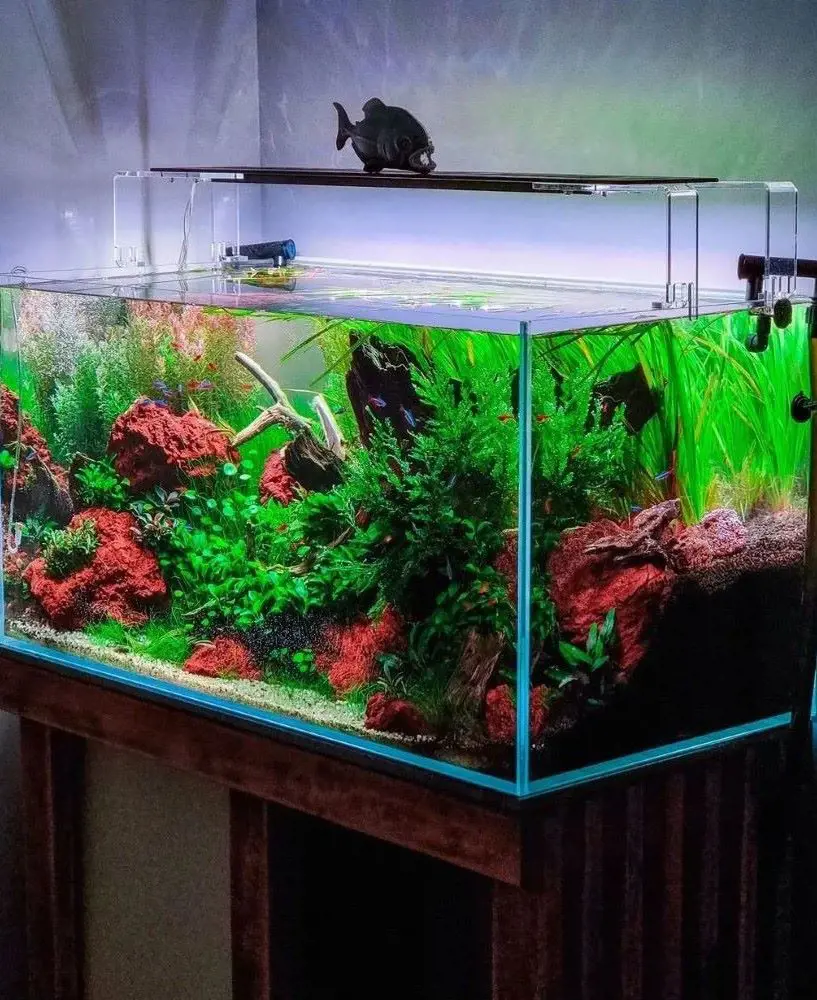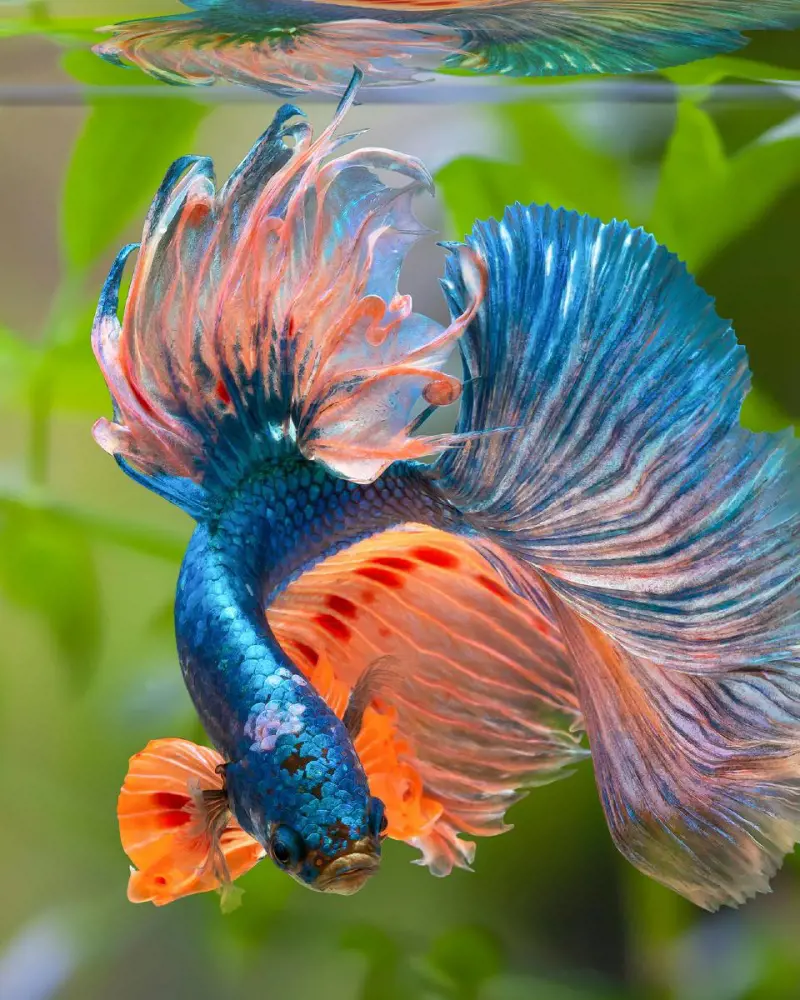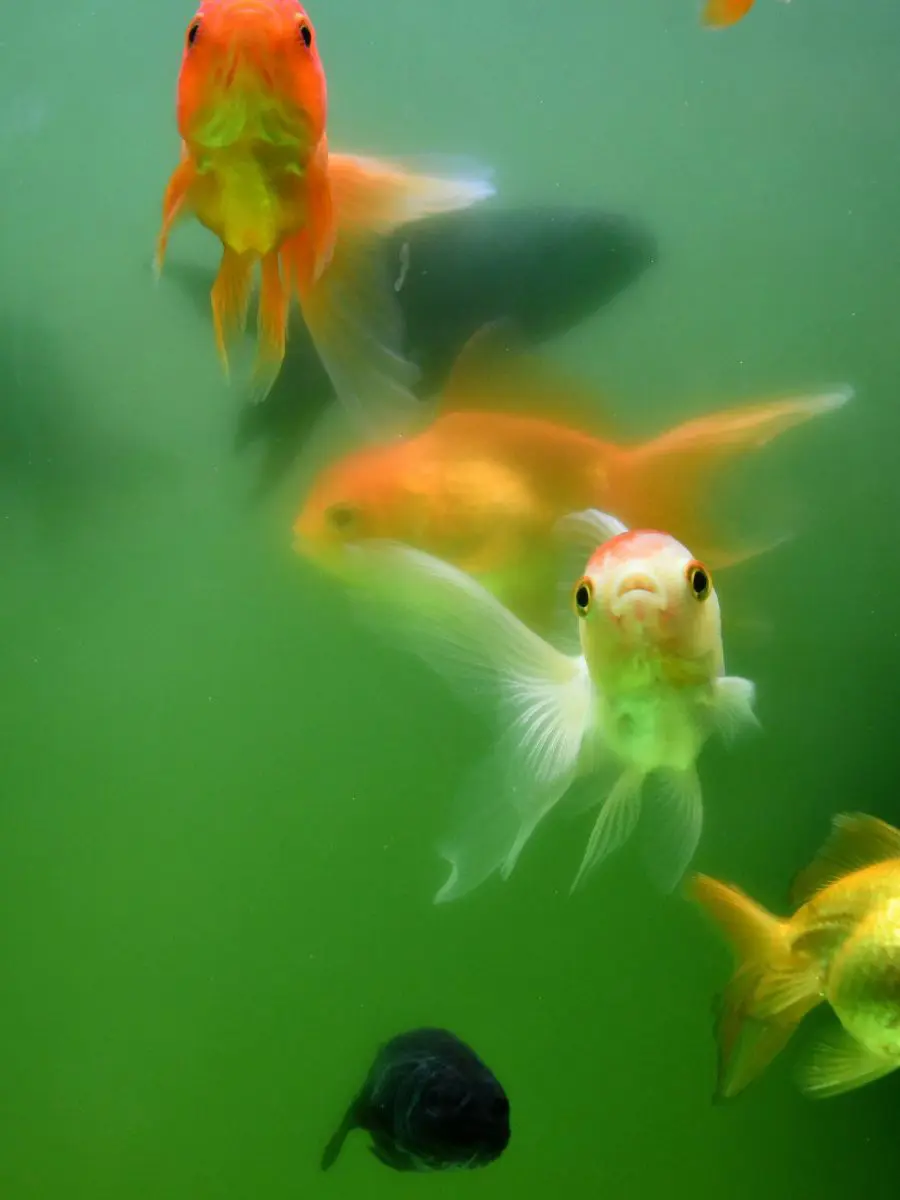18 Causes Why My Fish Is Not Eating
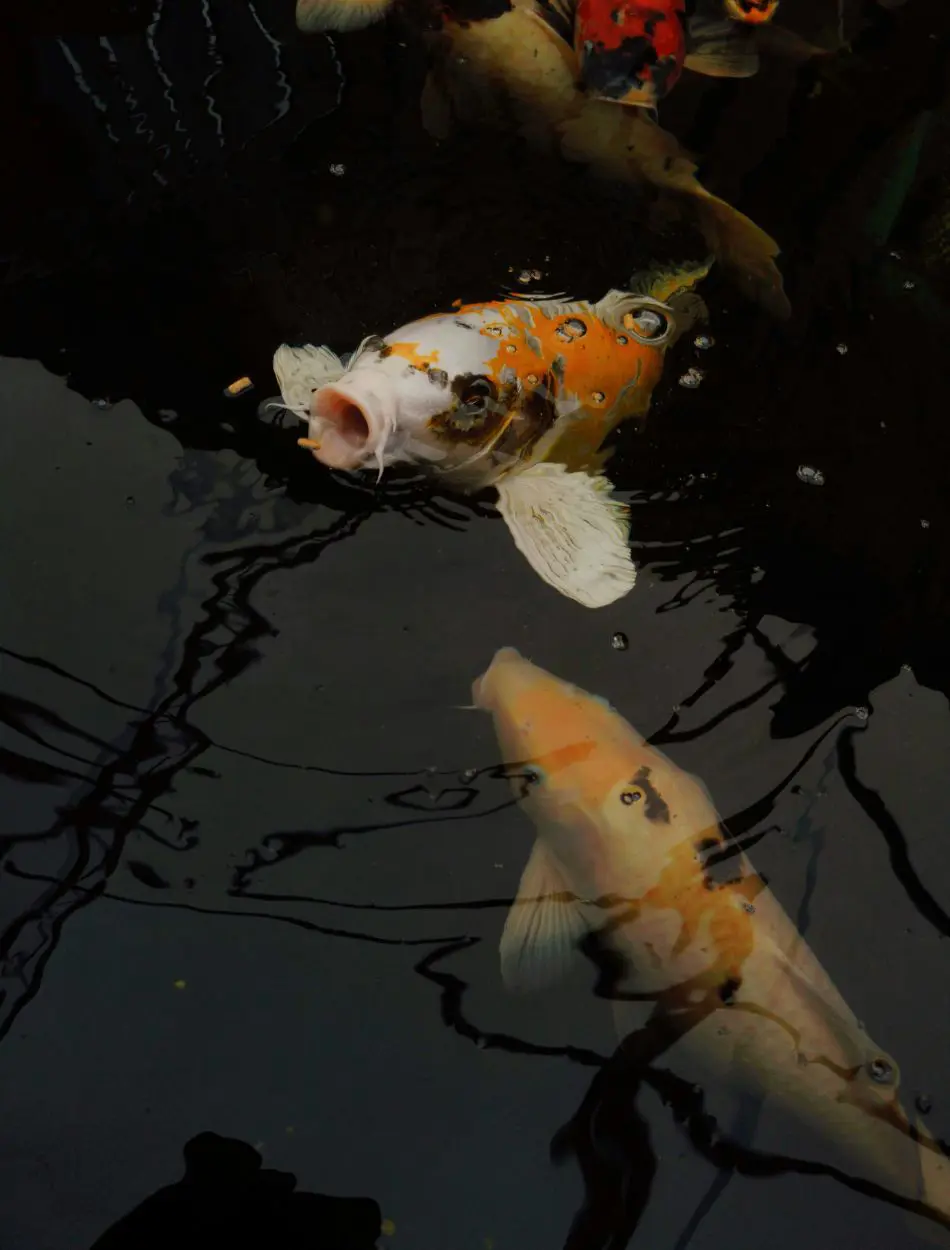
The very first thing in keeping your fish healthy and happy will include working out why they have stopped eating. Knowing why they will not eat is the key to keeping your fish healthy and well.
Fish that stop eating demonstrate signs of too many conditions, which range from environmental stressors to medical disorders. There are several issues that will make fish refuse food, such as a new location, which stresses them, poor water quality, temperature unsuitable for the fish, among others.
1. Poor Water Quality
The easiest cause of loss of appetite in fish is poor water quality. Since they respond so sensitively to any changes around them, for them to be healthy, the quality of the water is very important. If the concentration of certain wastes goes beyond permissible limits, then the fish will get stressed and stop eating.
Regular testing should ensure that the water parameters remain within safe limits and prevent such harmful accumulations. Basically, fish health is highly dependent on both chemical imbalances and the cleanliness and clarity of the water.
Fish with reduced visibility due to ambiguity or dirt in the water become stressed and confused, which may impact their feeding culture. The low quality of water can also make the fish sick because it provides an ideal habitat for the growth of harmful bacteria and algae.
2. Inappropriate Water Temperature
Imperfect water temperature can kill the will in the fish to eat and eventually its health. Since they are ecothermic, their bodies pick up the temperature from the surrounding water. If it is too cold, then metabolic action in the fish will slow down, resulting in less hunger because of lesser food needs.
On the other hand, when the water becomes too warm, this might raise their metabolism to very high levels, leading to stressful conditions that could make them overheat, which could lead them to not feel hungry. Since different fish have optimum temperature ranges, it is very important to ensure the right temperature that assures fish health and feeding habits are maintained.
This will comprise continued monitoring of temperature to ensure that it is within the necessary level to stabilize the ecosystem. Fish, especially, will be stressed if there is a sudden temperature change, confused, and refuse food.
3. Stress From New Environment
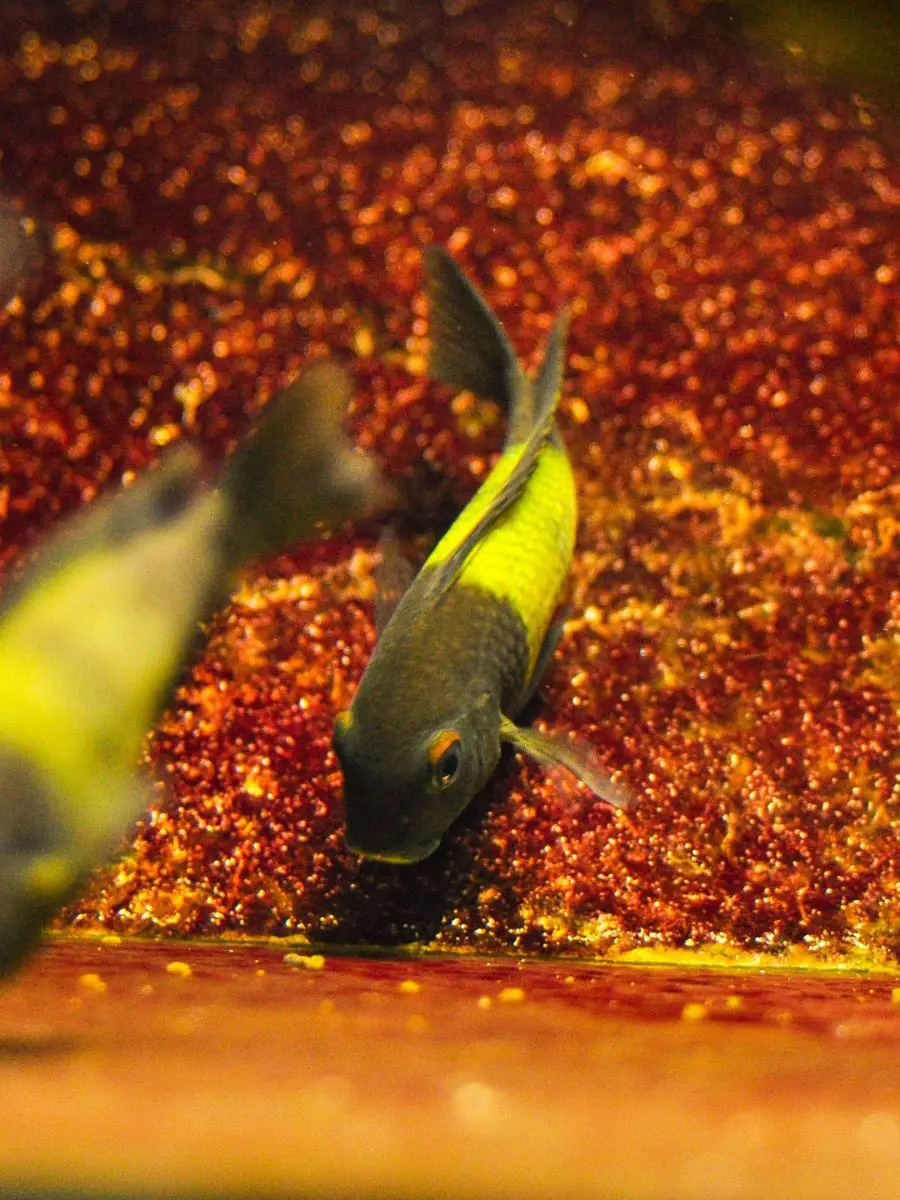
Stress caused by a new environment can drastically affect a fish's willingness to feed. Fish usually get stressed when introduced into a new tank due to the new surroundings, change of water, and other fish.
During the process of being translocated from one habitat system to another, fish undergo a great deal of stress, having to familiarize themselves with new water parameters, illumination, and probable dangers presented by unknown cohabitants in the tank. A stable and peaceful environment is required to be able to reduce anxiety in kids and increase appetite.
This should help acclimate the fish to their new environment gradually, hence eliminating stress. Drip acclimation, hence, becomes one sure step in making it easier for the fish to adjust by slowly introducing them to new water parameters.
4. Illness Or Disease
Diseases or sicknesses have a large impact on fish appetite and are very often one of the first indicators that something is wrong. Much the same as any living creature, numerous diseases could cause serious detriment to the health and general well-being of all fish and make them lose their appetite.
Such fish will always become less active, mostly those with weak immune systems. They will also show a loss of appetite, which in itself is usually accompanied by some visible signs such as spots, lesions, or swimming patterns that dictate some medical condition needing immediate treatment.
By increasing the frequency of observing fish behavior and appearance, it would be possible to detect the symptoms of sickness much earlier and henceforth provide treatments on cue. Isolate the fish with disease so that the propagation of the disease is kept within the aquarium, then treat them with a salt wash or medicine so that they recover properly.
5. Overfeeding Habits
This can ironically lead to many problems in the aquarium environment due to which an overfed fish may stop eating. It's quite a common occurrence that overfeeding results in the accumulation of unused food at the bottom of the tank, decaying and forming various harmful by-products like ammonia and nitrites.
Most problems related to the aquarium environment are caused due to overfeeding; an overfed fish will, therefore, quite naturally witness a trend of rejecting food. If the fish is overfed, then in such a case, the extra food mostly settles at the bottom of the aquarium and rots to form extremely harmful chemicals like ammonia and nitrites.
Observe the fish at feeding time to make sure that each gets enough to eat and that all get enough. The food that is eaten has to be removed as quickly as possible so it doesn't start to decay in the water.
6. Incompatible Tank Mate
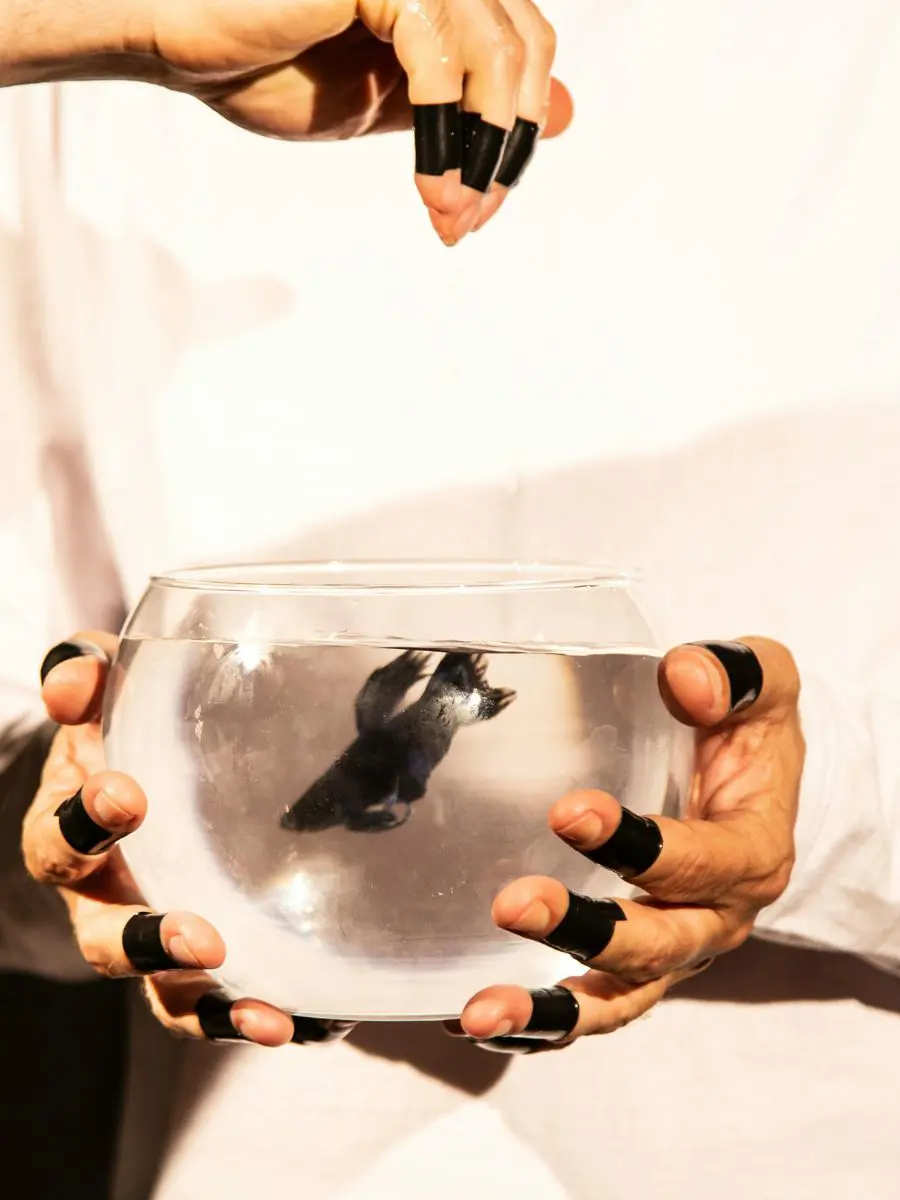
Stress and anxiety from housing different species of fish together can be the most unhealthy. More aggressive or possessive fish may browbeat or harass others, leading to continuing stress that prevents the affected fish from eating.
This happens mostly in the case of aquariums, whereby stronger or dominant fish bully or even nip smaller or timid fish so that they can hardly get to food without fear. Some fish get frightened in such situations and may spend most of their time hiding; this can lead to the result that it has missed its feeding opportunities and is emaciated.
This pertains to the temperament and size of the species, as well as its requirements where temperature and pH are concerned. Allowing plenty of hiding places and offering visual barriers within the tank will permit fish to establish territories and go a long way toward putting the damper on conflict.
7. Inadequate Oxygen Levels
Inadequate Oxygen Levels indicate that fish in aquariums are always stressed due to low oxygen levels, which causes their appetite to drop. For respiration, fish need dissolved oxygen in water. Too low a concentration of it might render living inside the water quite difficult.
This poor oxygenation could be a result of overcrowding of the aquarium, poor water circulation, or malfunctioning filters and air pumps. High-temperature water will further aggravate this condition since high temperatures reduce dissolved oxygen in the water.
In an oxygen-rich aquarium, fish breathe far more easily. This pleases fish that prefer a clear pattern of feeding in a world that is expressive of its colorfulness and balanced in terms of water properties.
8. Improper pH Balance
The improper balance of pH in an aquarium exerts great influence on the health and appetite of fish. Since they have been very sensitive to any changes happening in their surroundings, fish health is influenced much by the pH of water.
It's harder to digest their food, therefore lessening their appetite further for those fish undergoing physiological problems due to an unbalanced pH. A certain level of pH balance in the aquarium is required to maintain fish health.
If there is not of great shift in pH value, then it will live long with a good appetite. Fish that are always exposed to the optimum pH environment tend not to be stressed and thus maintain a clean food intake. R: If the change in pH is not too large, the fish will live long with a good appetite.
9. Poor Lighting Conditions
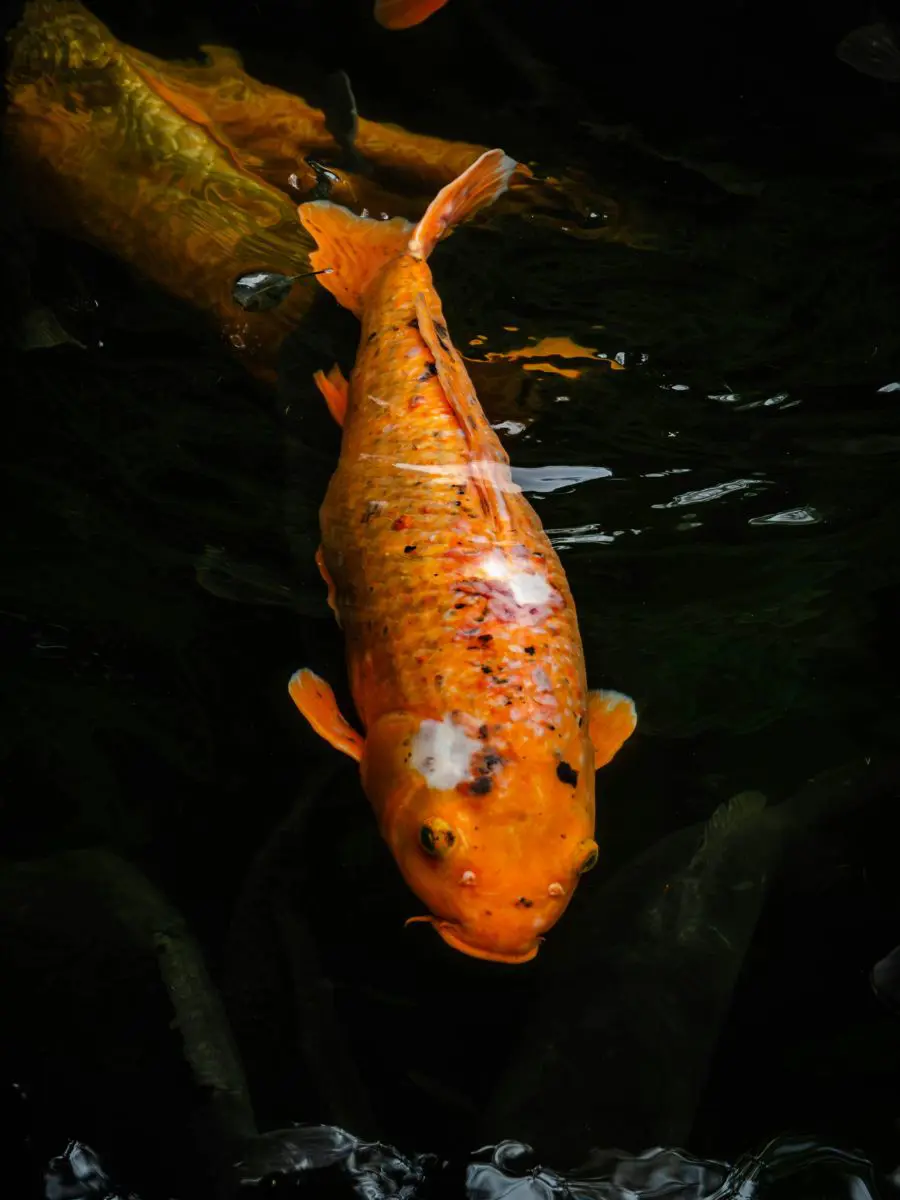
Lighting conditions have a pretty bad effect on fish's appetite and health. The light sets the cycles of day and night for the fish, which then affects their eating habits, activity level, and general health status.
If these natural patterns of dark and light are disrupted by too little or too much brightness, it may cause stress or even disorientation. If it's dull, they will just be relatively inactive and little interested in food. Conversely, it makes the fish on the other end stressed with too bright or constant lighting and too nervous to eat.
Proper lighting conditions are very important to the fish's natural activity, stimulation of their appetite, and general health. Even lighting will provide stable conditions without stress while ensuring the aquarium is brightly lit but not dazzlingly so.
10. Boredom And Lack Of Enrichment
Basically, similar to most animals, the appetite and general health of a fish may tautologically be affected by boredom and enrichment deficiencies. Like most animals, a fish will require some physical and mental stimulation to stay hale and healthy in captivity.
Fish get bored if they lack stimulation. The manifestations include sleepiness or swimming repetitively around in circles, mostly leading to loss of appetite. For the fish, the habitat may be kept fascinating and engaging by occasionally rotating or adding new elements.
Personalize the aquarium according to the needs and natural habits of the fish species one is keeping. In case you have a made-to-order aquarium, there will be less chance of boredom in fish, and a good appetite might be fanned out. Set up varieties in enrichment options available and watch the behavior of the fish, making appropriate changes.
11. Inadequate Filtration System
A deficient filtering system has a huge long-term effect on fish health and appetite. Filtration is necessary to have clean and healthy water in an aquarium since it removes extra nutrients, pollutants, and other byproducts that result from fish waste and the remains of food uneaten by fish.
Poor filtration thus results in poor water quality and, therefore, higher levels of dangerous compounds, such as ammonia, nitrites, and nitrates. Stressed fish due to bad-quality water intake are much more susceptible to diseases and less likely to eat.
One should opt for a filter that is suitable to fit with the size of the tank and its inhabitants. The one to be accommodated should uphold the volume of the tank. Moreover, the ideal water flow should maintain the surroundings clean and oxygenated.
12. Inappropriate Food Type

Mistakes with the wrong food will be very dear to fish in terms of appetite and general health. The species has different individual demands for food rations, and food that is unable to fit into these demands may cause disorders in nutrition balance or stomach trouble disorders.
Moreover, the fish may also deprive themselves of inappropriate food for their nutrition, which may lead to their malnutrition and, accordingly, a weakening of their immunity system. Some fish also become specialized by what they eat, or they simply have their favorite sorts of food, and feeding them something they do not like will make them less interested in eating at all.
A combination of live, frozen, or freeze-dried food items in different dietary varieties can also be given for a complete dietary profile. If the food is prepared vis-à-vis need and requirement for the fish, it can lead to healthier eating and good health.
13. Presence Of Parasites
The presence of Parasites might negatively impact the appetite and health of an aquarium fish, provided there are parasites. Normally, it arouses a decrease in feeding due to irritation and stress caused by protozoans, worms, and some external parasites like ick and gill flukes.
Fish that have been infected may exhibit some form of distress signal, like clawing on objects, fast movement of gills, or behavioral abnormalities. This can lower a fish's appetite. Also, the parasites can cause direct damage to either the gills or gut of the fish, thus affecting the fish's ability to assimilate food and leading to other health problems.
Clean tanks with good water quality can prevent such parasitic diseases. Regular monitoring for fish disease and frequent inspection and cleaning of the tank enables one to recognize issues early on and thus prevent major outbreaks.
14. Inconsistent Feeding Schedule
It can do a great amount of damage to the feeding motivation of fish and generally to fish health if they are on an erratic feeding regime. One of the best requirements to ensure fish welfare is predictable conditions due to regular feed times, as it makes the fish predict the feeding time.
Fish with unpredictable feed times tend to get anxious or even confused and then lose interest in their feed. This irregular feeding was complemented by missing species' natural feeding times regularly, which disrupted feeding cycles. The fish responded to this supposedly feeding time less and less until it did not at all.
It provides a routine that creates a stable and predictable environment for the fish. It allows one to provide the right food in the required amounts necessary to keep their immune system up. Regular feeding will increase natural fish behavior by lessening the propensity for stress and creating more regular feeding behavior.
15. Genetic Factors And Breed
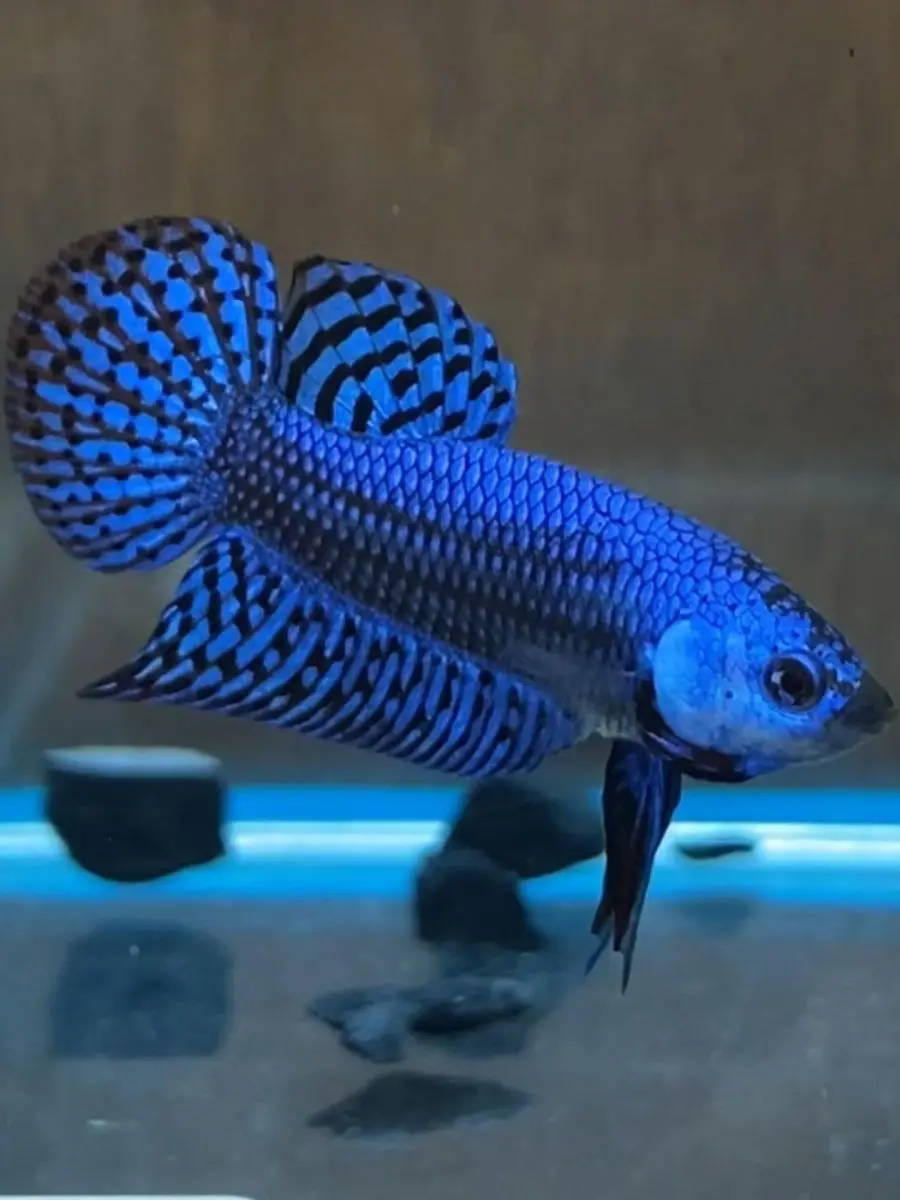
Routine provides a stable and predictable environment for fish. It helps an owner feed the right food in the correct amounts to keep their immune system up. Regular feeding will increase natural fish behavior because it lessens the propensity to stress and creates more regular feeding behaviors.
It's some of the same genetic characteristics of fish that make them vulnerable to certain health problems at the same time as those supporting the digestibility of food by an organism. Knowing how to feed your fish is important.
By reading up more on what to feed your species or breed of fish, you will learn how to adjust the timing and types of food for your pet in relation to its genetic demand.
16. Exposure To Loud Noises
Exposure to loud noise can contaminate fish health and feeding behaviors. In that case, fish can be easily irritated or stressed if exposed to loud or strange noises, given their sensitivity to environmental changes.
They are going to prevent themselves from feeding, among other natural behaviors, due to such disturbances. The noise might drop their stress levels, which might further lead to health complications and a loss of appetite. Quite an environment around the fish will help evade such effects on your fish from these noises.
Do not place the aquarium near noisy devices such as a TV or stereo or places with high movement, such as the center of the floor. That is to say, fast movements and sudden noises close to the aquarium are not allowed to be done because such stresses are best reduced.
17. Presence Of Toxic Substances
Some of these toxins in the aquarium can have serious consequences on feeding habits and the general fish's health. Some of these hazardous chemicals leach into the tank from contaminated water, improper use of chemicals, and many ornaments or substrate types.
They absorb hazardous materials like chlorine, heavy metals, and other impurities. Such poisons irritate fish, causing them stress and discomfort, which in most cases reduces appetite. This may result in sickness or death in extreme cases due to excess exposure to such poisons.
A decent quality water conditioner will inherently detoxify any possible toxins before adding it to your tank. Make sure all decorations and substrates that are going into the tank are safe for use in an aquarium and are clean.
18. Nutritional Deficiencies
Nutritional deficiencies are a potent factor in affecting the fish's appetite and overall health. Fish consume a diet rich in important lipids, proteins, vitamins, and minerals to acquire good health.
Deficiency in these critical constituents leads to various diseases in the fish, such as loss of appetite, retarded growth, and weak resistance to infections. While staple ingredients often contain the main components of a good quality commercial fish feed, it is still a good idea to supplement live, frozen, or freeze-dried items in their diet for additional sources of vitamins and minerals.
Frequent monitoring of the behavior and physical condition of fish can also aid in the early detection of any nutritional deficits.
Top Lists

